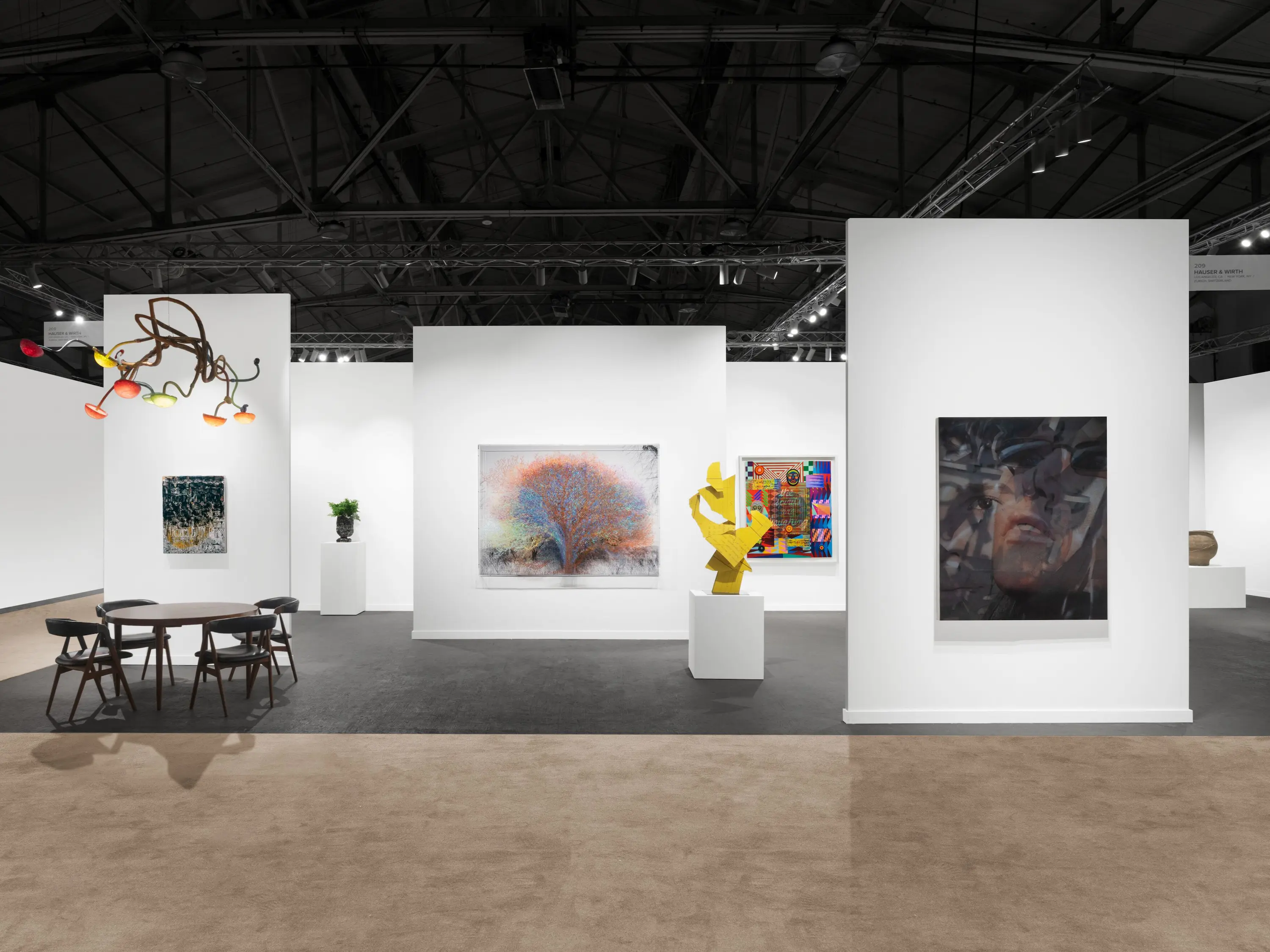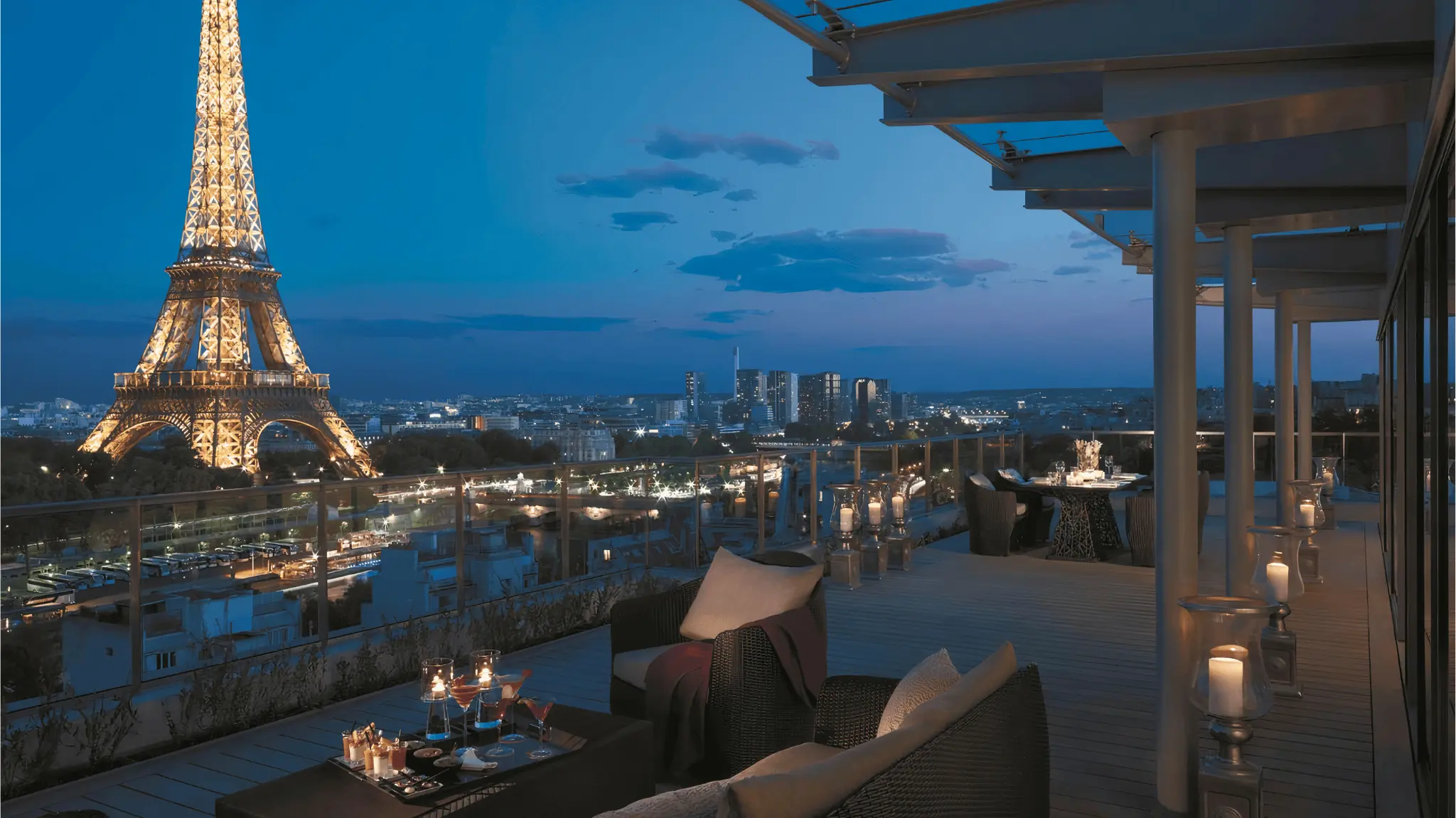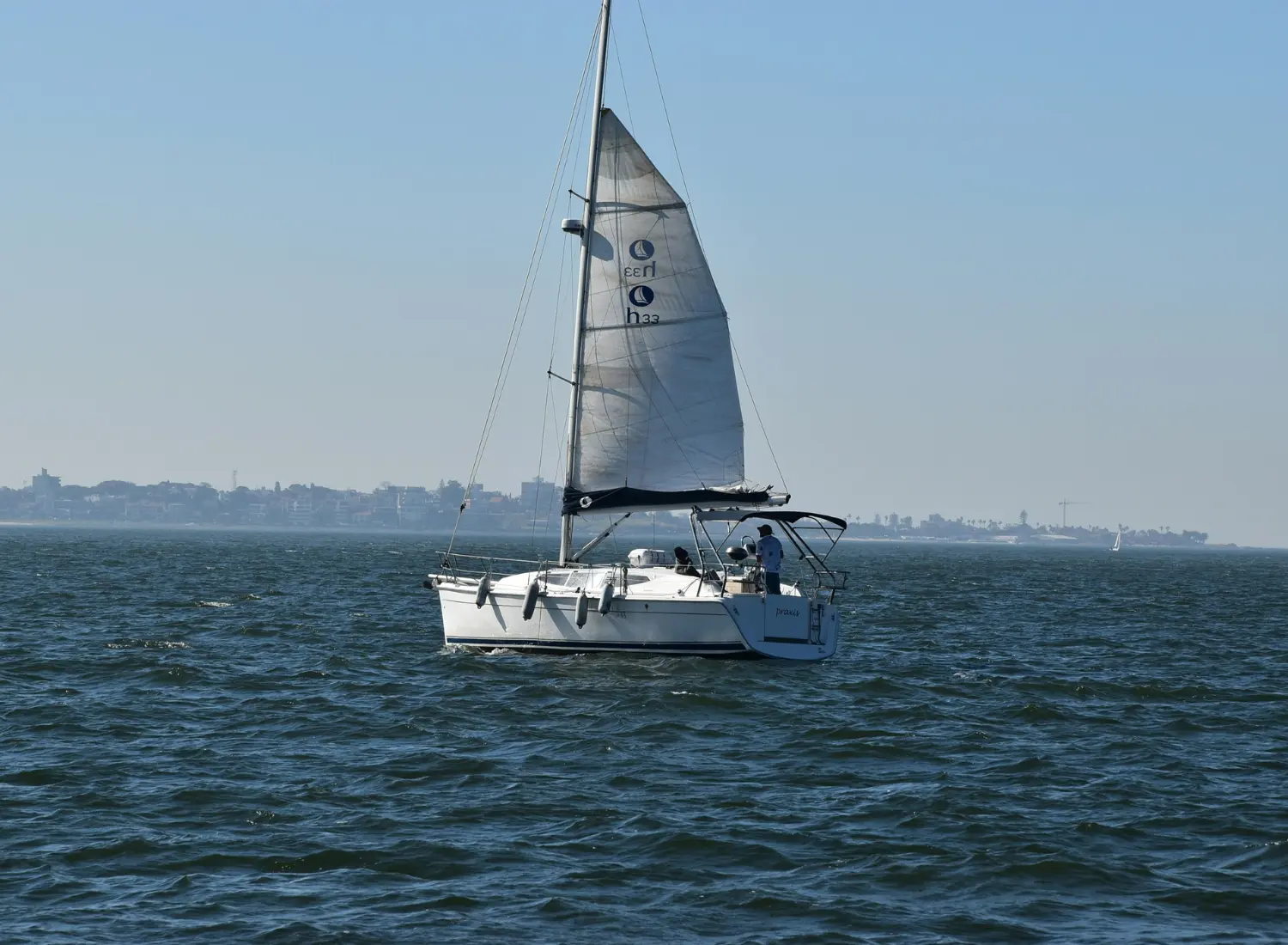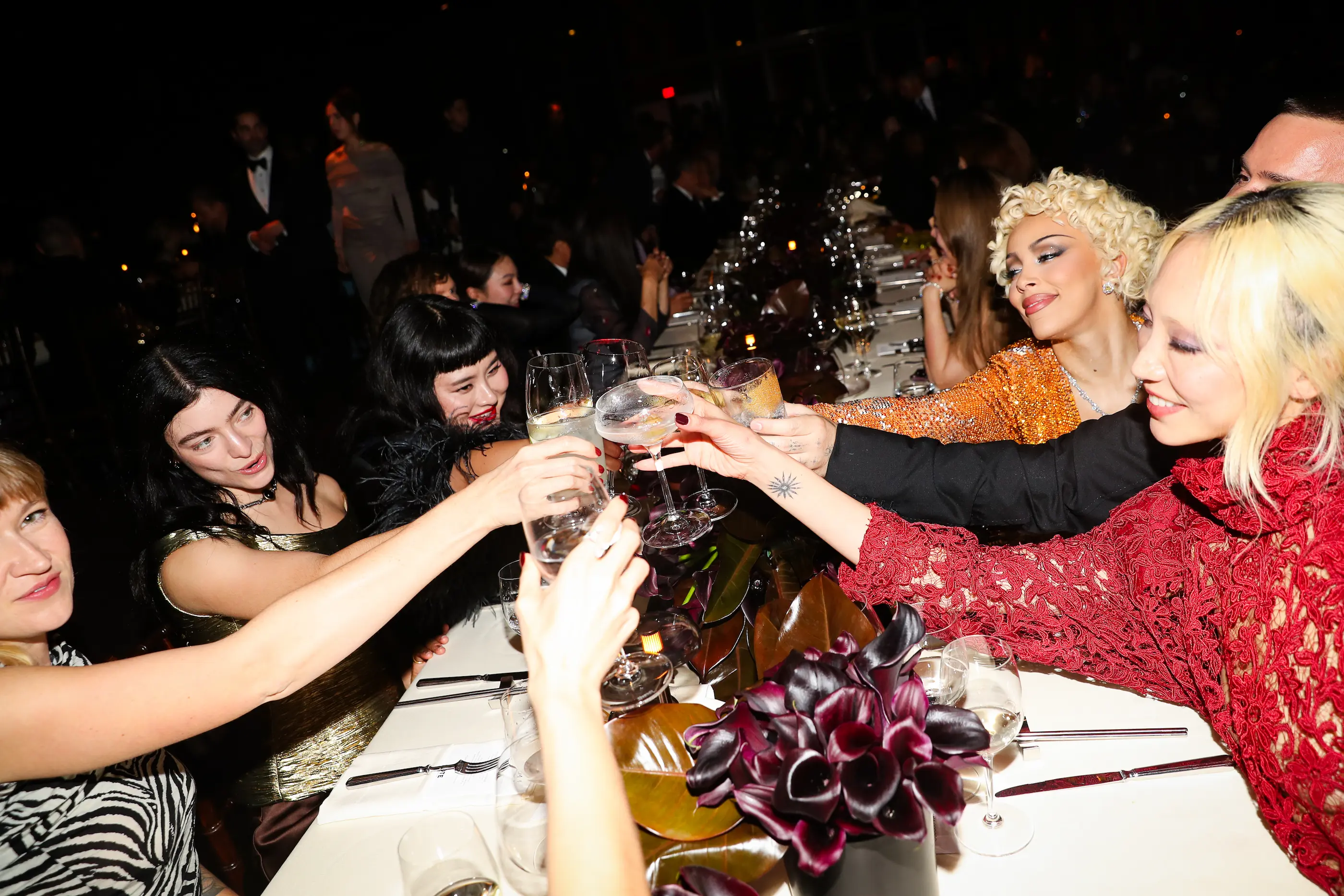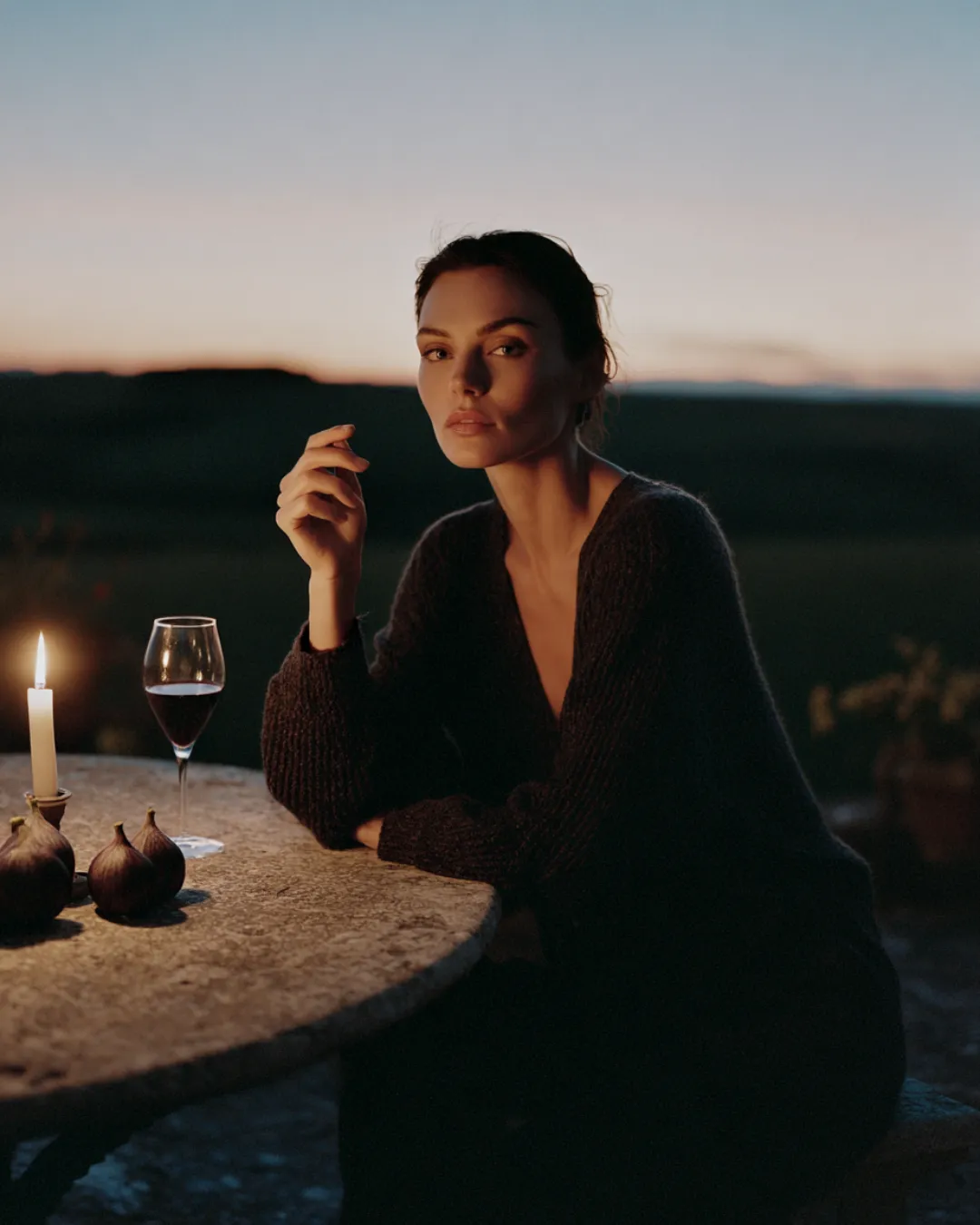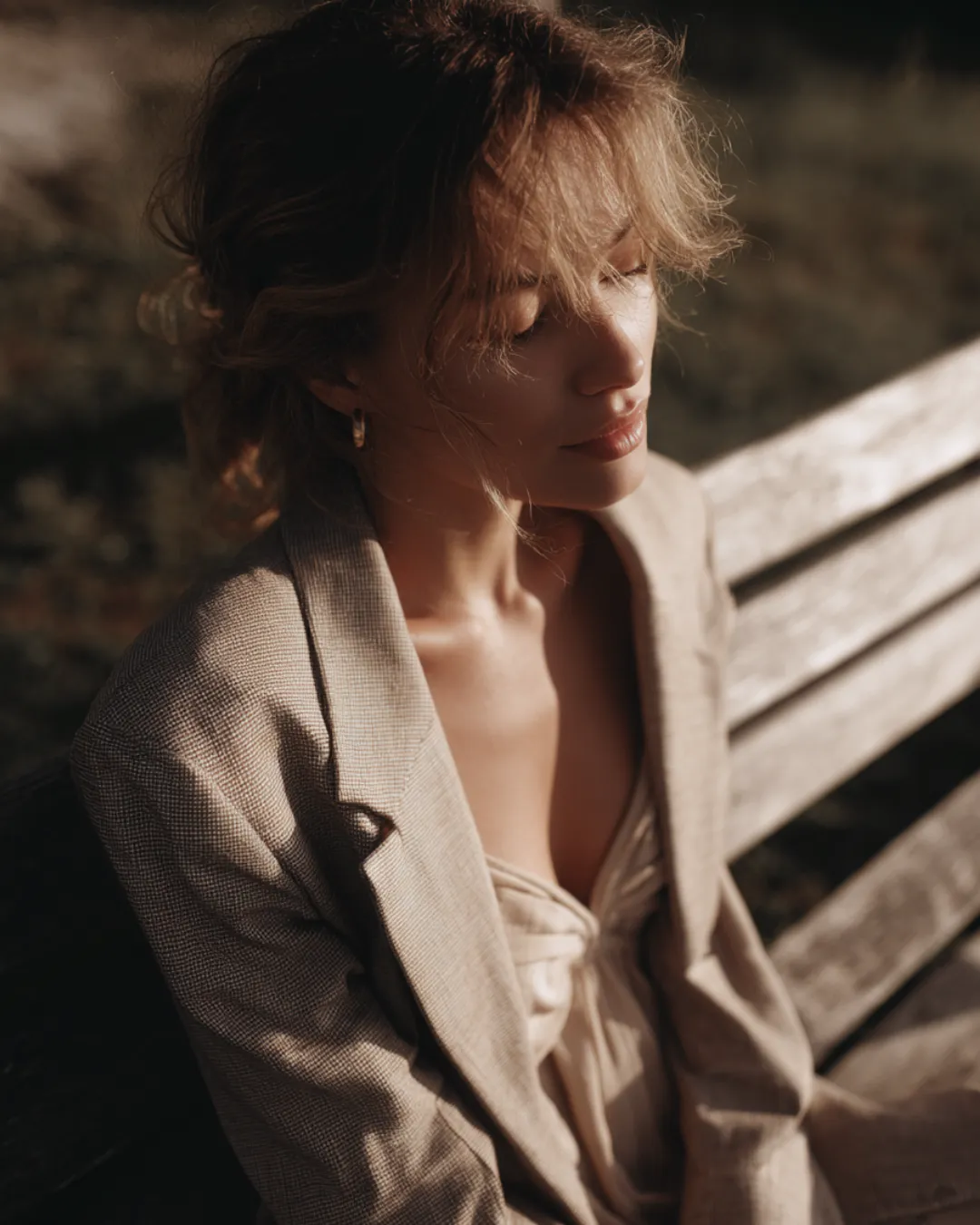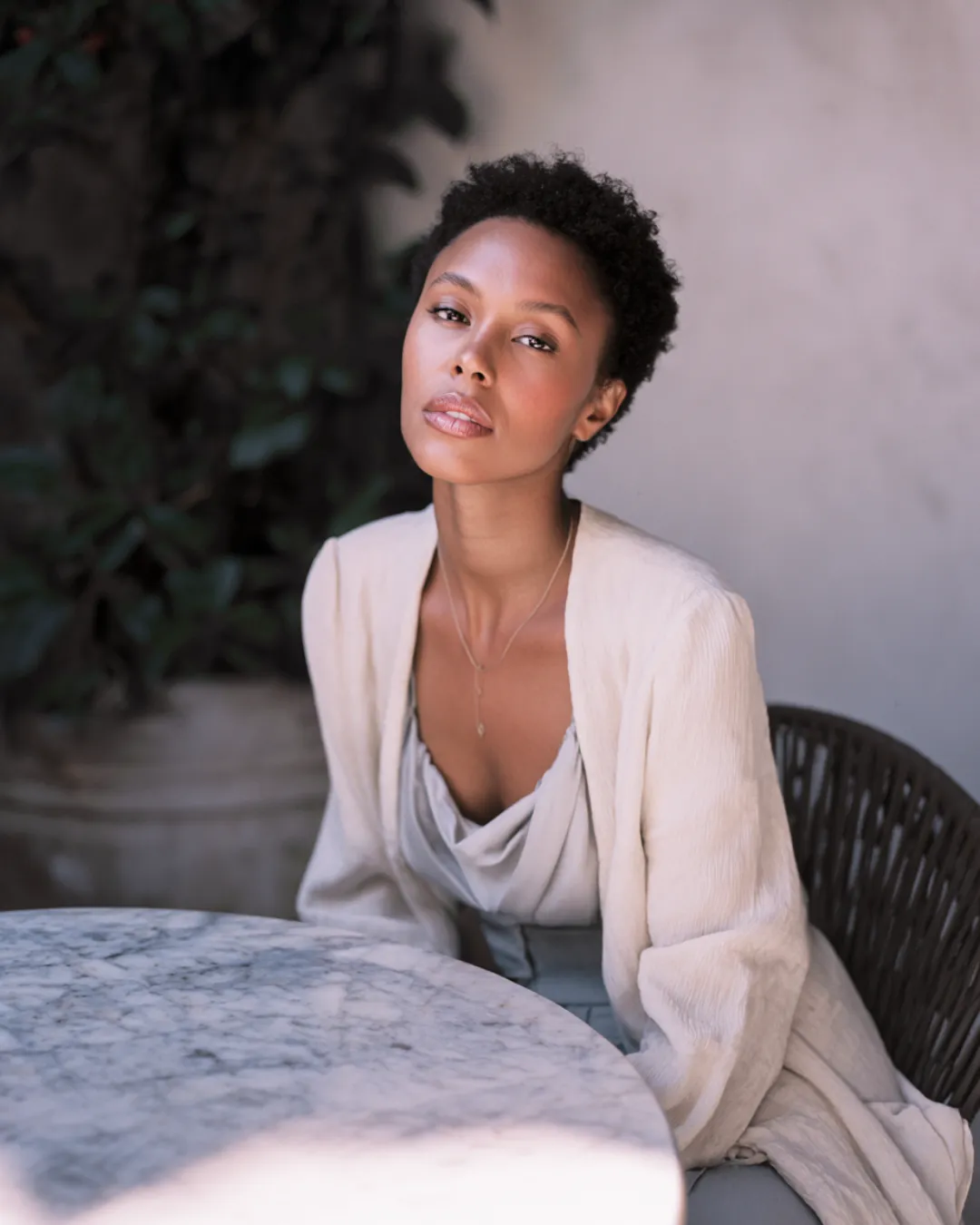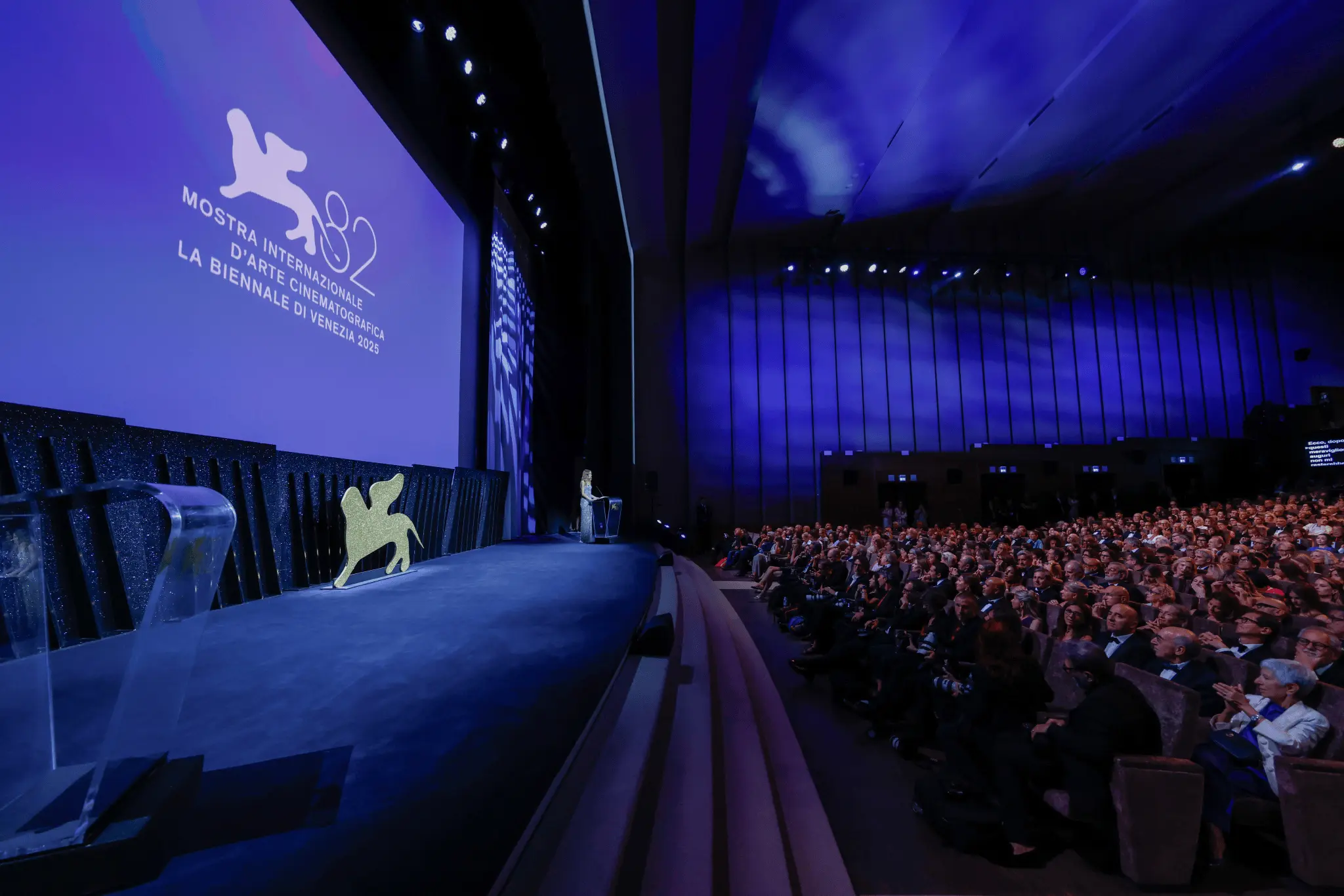
Courtesy of Hauser & Wirth
Courtesy of Astra Marina Cabras
Courtesy of LA Art Show
Courtesy of Lukas Gansterer
Courtesy of Henge
Courtesy of Andreas Simopoulos
Courtesy of Dave Benett
Courtesy of Japan Mobility Show
Courtesy of ART Cologne
Courtesy of whenobjectswork / Kate Hume
Courtesy of Ivan Erofeev
Courtesy of Stéphane ABOUDARAM - WE ARE CONTENT(S)
Courtesy of Sacha Moreau / Global Gift Gala Monaco
Courtesy of Fadi Al Shami
Courtesy of Sofia Hartmann
Courtesy of Historyhd
Courtesy of Mick De Paola
Courtesy of the artist (c) VG Bild-Kunst, Bonn 2025. Photography by Jens Ziehe.
Courtesy of Yasamine June
Courtesy of Rawisara Prachaksubhanit
Courtesy of Mariia Dred for Berlin Fashion Week
Courtesy of Michael Fousert
Courtesy of Raden Prasetya
Courtesy of Antonia Tewes
Courtesy of Antonia Tewes
Courtesy of Carlo Bazzo
Courtesy of Artem Zakharov
Courtesy of James Cochrane / Copenhagen Fashion Week SS26
Courtesy of Fashion Week Studio
Courtesy of Burak Goraler / AFW
Courtesy of Antonia Tewes
Courtesy of SF / Luigi Caputo
Courtesy of Bruno Cordioli / CC BY 2.0 via Wikimedia Commons
Courtesy of Dubai Fashion Week / Ruzaini Official
Courtesy of Frieze Seoul 2025 / Wecap Studio
Courtesy of LecartPhotos
Courtesy of Jacopo Salvi / La Biennale di Venezia / ASAC Photo
Courtesy of Campione d’Italia’s Classic Circuit
Courtesy of Maxi Yacht Rolex Cup
Courtesy of Jochem Raat
Courtesy of Corey Watson
Courtesy of Pitti Immagine / Fragranze
Courtesy of Le Sable
Courtesy of Once Milano
Courtesy of Monaco Yacht Show
Photo by Darren Carroll/PGA of America
Courtesy of Guy Bell / British Art Fair
Photo by Sean Zanni / Patrick McMullan via Getty Images
Courtesy of Messe München GmbH / Thomas Plettenberg
Courtesy of ph G Martin-Raget/SNST
Courtesy of David Pupăză
Courtesy of Derek Rose
Courtesy of Jim Winslet
Courtesy of Millie Turner/BFI
Photo by Hugo Glendinning. Courtesy of Frieze
Courtesy of Rolex / Kurt Arrigo
Courtesy of Laura Dupuy
Courtesy of Palm Beach Show Group
Courtesy of Getty Images for Perelman Perfor
Courtesy of BFA 2025
Images credited Jason Alden courtesy of LAPADA
Courtesy of Informa Markets
Courtesy of The Qatar Boat Show
Courtesy of Getty Images for Baby2Baby
Courtesy of Jeanne Canto
Courtesy of Darian DiCianno
Courtesy of David Long/Cancer Research UK
Courtesy of Saslong Classic Club
Courtesy of Dieter Nagl für die Wiener Philharmoniker
Courtesy of Derek Rose
Courtesy of Lukas Gansterer
Courtesy of Sam Frost
A
T
I
S
I
O
O
T
M
I
L
L
L
C
S
S
T
T
A
T
H
F
T
E
F
O
A
T
F
I
T
T
T
T
I
I
T
I
O
P
S
A
S
U
O
A
E
G
B
I
A
I
L
I
T
M
O
G
U
I
L
S
N
I
D
U
T
A
F
I
W
F
O
A
A
M
L
I
V
I
I
S
A
J
s summer drew to a close, the world’s oldest film festival once again transformed Venice’s Lido into a nexus of cinematic art and cosmopolitan glamour. In its 82nd edition, the Venice International Film Festival balanced heritage and bold contemporary spirit, captivating global tastemakers in the process.
A Heritage of Prestige on the Lido
Founded in 1932, Venice is the world’s oldest film festival, and with Cannes and Berlin it belongs to cinema’s “Big Three.” Screenings on the Lido di Venezia, flanked by sea and lagoon, combine locale and legacy to attract cultural elites and industry royalty. The Palazzo del Cinema’s art déco façade and the Golden Lion trophy have become emblems of cinematic prestige.

As part of La Biennale di Venezia, the festival carries a mission to honor cinema as both art and industry. Films from Rashomon to Brokeback Mountain earned early acclaim here, affirming Venice’s reputation as a crucible of cinematic history. For high-society audiences, that lineage makes Venice an unparalleled cultural touchstone.
Biennale Cinema 2025: A Global Stage
The 82nd Venice International Film Festival, held August 27–September 6, 2025 under Alberto Barbera , presented a wide panorama of world cinema. Venice remains a stage for masters and a launchpad for new voices, blending heritage with innovation.
This year’s Main Competition featured 21 films judged by a jury chaired by Alexander Payne. The Golden Lion went to Jim Jarmusch’s meditative Father Mother Sister Brother, a decision hailed as privileging artistry over hype.
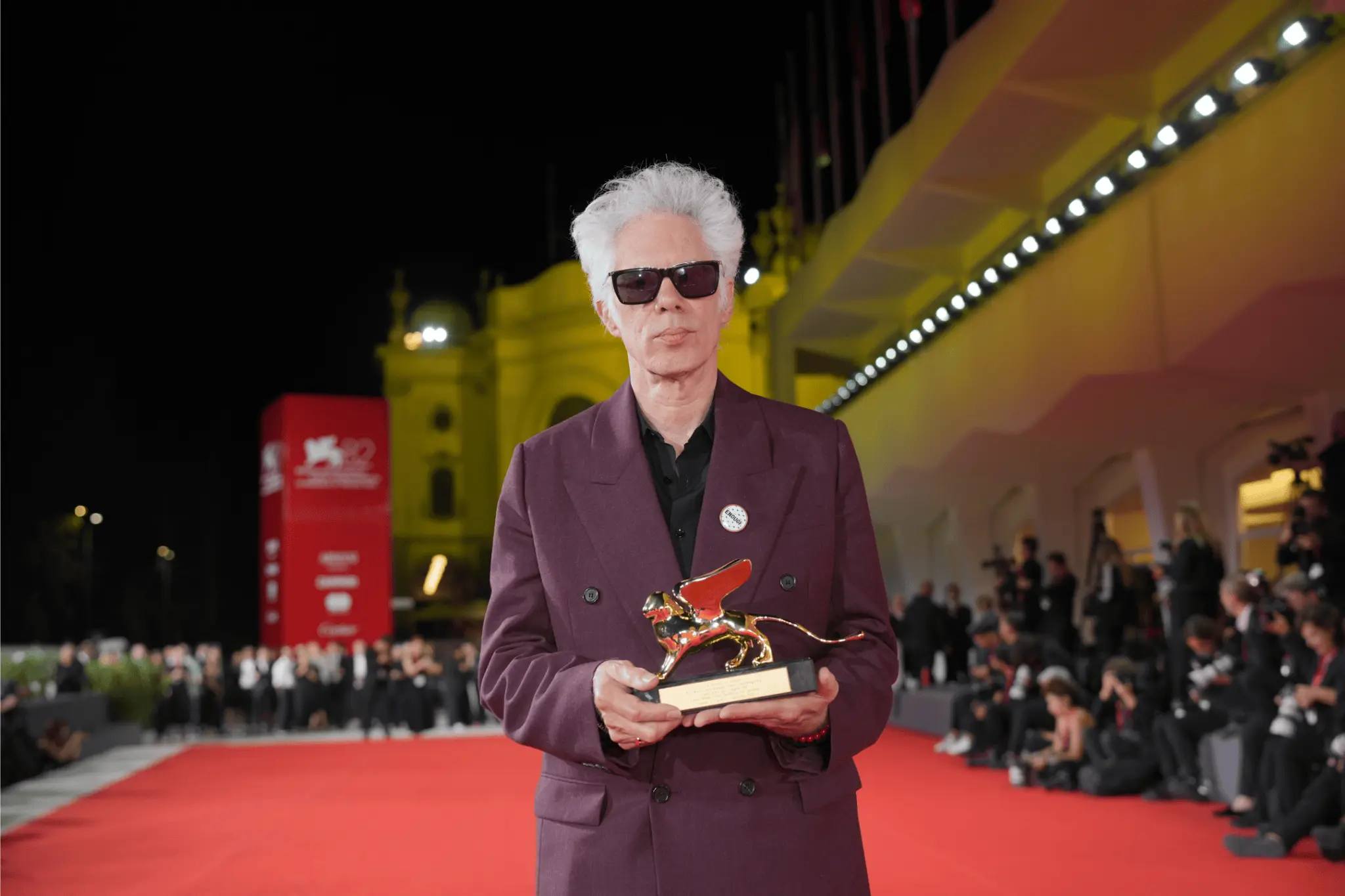
Tunisian filmmaker Kaouther Ben Hania earned the Grand Jury Prize for The Voice of Hind Rajab, while Benny Safdie won Best Director for The Smashing Machine.
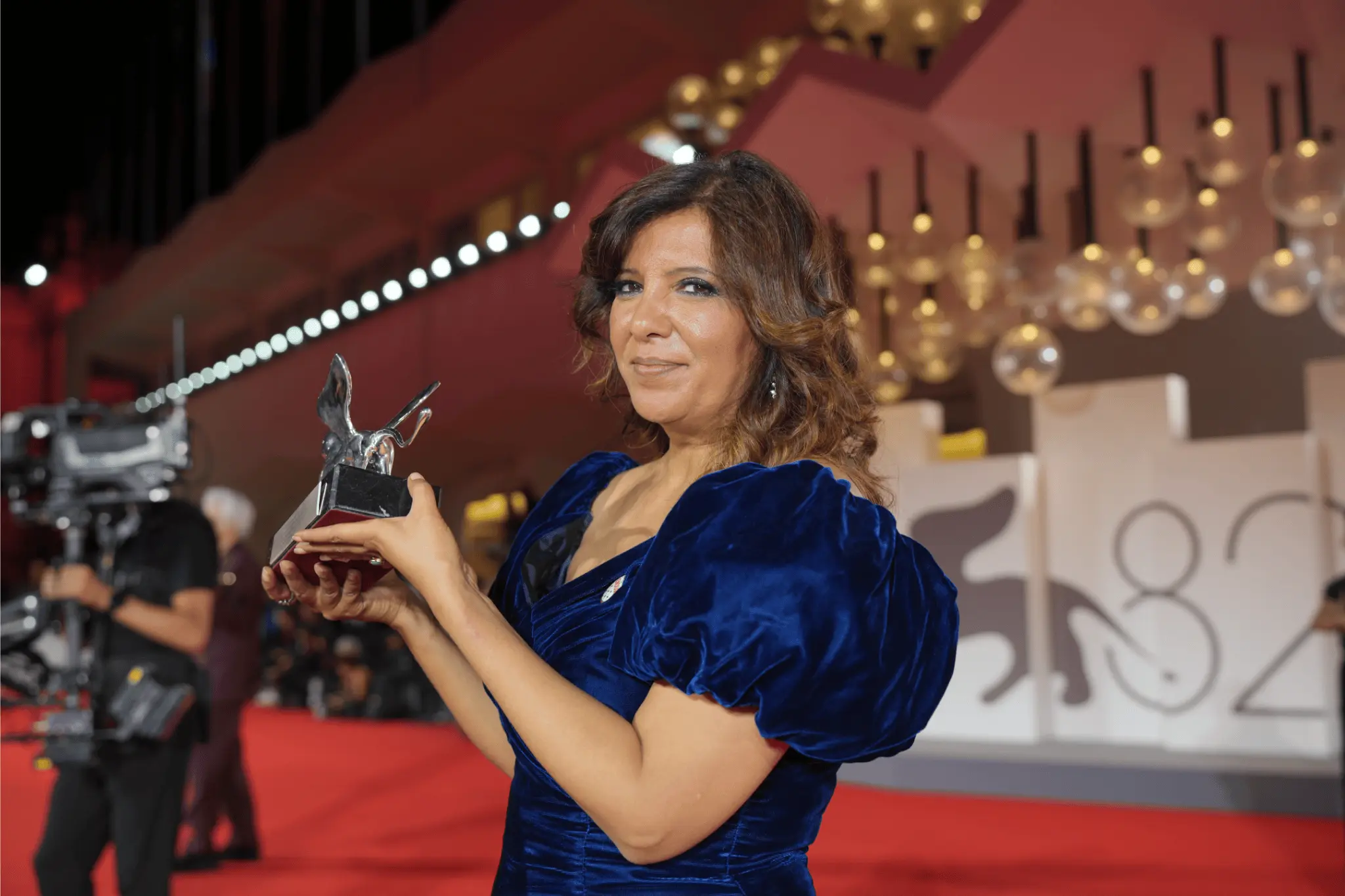

Acting awards went to China’s Xin Zhilei and Italy’s Toni Servillo.


The results underscored Venice’s internationalism, favoring arthouse sensibilities over blockbuster gloss.
Beyond the main lineup, the Orizzonti competition showcased daring new works, while Venice Classics presented acclaimed restorations such as Bahram Beyzaie’s Bashu, The Little Stranger. The Biennale College Cinema incubator unveiled projects from emerging filmmakers across continents, while Final Cut in Venice supported works from conflict regions. Venice thus reaffirmed its dual role: honoring tradition while pushing cinema forward.
High Society Meets High Art
The Lido becomes each year a summit of global elites. For patrons, attendance is as much about being seen as seeing films. Arrivals by Riva water taxi, ovations stretching twenty minutes , and the nightly Sala Grande screenings all reinforce the festival’s aura of timeless glamour.
Luxury brands align closely with the festival’s prestige. Cartier sponsors the “Glory to the Filmmaker” award, given in 2025 to Julian Schnabel, while Campari honored Gus Van Sant with its “Passion for Film Award”. Such partnerships underscore the seamless link between cinema and luxury patronage, where art and lifestyle converge.
Honoring Legends, Nurturing Futures
The 2025 edition delivered one of its most emotional moments with the Golden Lion for Lifetime Achievement to Hollywood icon Kim Novak. At 92, Novak received a thunderous standing ovation, introduced by Guillermo del Toro who hailed her as a “remote goddess and a waitress on her lunch break”. Novak, famed for Vertigo, called the award “a dream come true”, a poignant reminder of Venice’s reverence for heritage.

Alongside such tributes, Venice spotlighted emerging voices. The Lion of the Future for debut film went to Nastia Korkia’s Short Summer, ensuring the next generation of storytellers shares the stage with legends.
Influence Beyond the Screen
Venice is more than a festival; it is a forum for cultural dialogue. This year’s program reflected urgent themes, from Kathryn Bigelow’s nuclear thriller A House of Dynamite to Ben Hania’s Gaza drama. Demonstrations in Venice during the festival brought geopolitical realities into focus, reinforcing the idea that cinema is not escapism but conversation.
For high society, this is precisely the draw: Venice offers not only art but engagement with the global zeitgeist. A Golden Lion win can propel films into awards seasons, while premieres set cultural and even sartorial trends across elite circles.
Cinema as Prestige and Power
The 82nd Venice Film Festival reaffirmed its role as a beacon where heritage and innovation walk hand in hand. It is the rare event where a 92-year-old star and a first-time filmmaker can share the spotlight, and where the glamour of luxury seamlessly coexists with urgent cultural dialogue.
For global tastemakers, Venice is more than cinema: it is a statement of belonging to a tradition of cultural patronage and influence. As the lights dimmed on the Lido, the conversations it sparked, in drawing rooms, boardrooms, and ateliers worldwide, proved once again why Venice remains the ultimate intersection of art, elegance, and enduring prestige.


